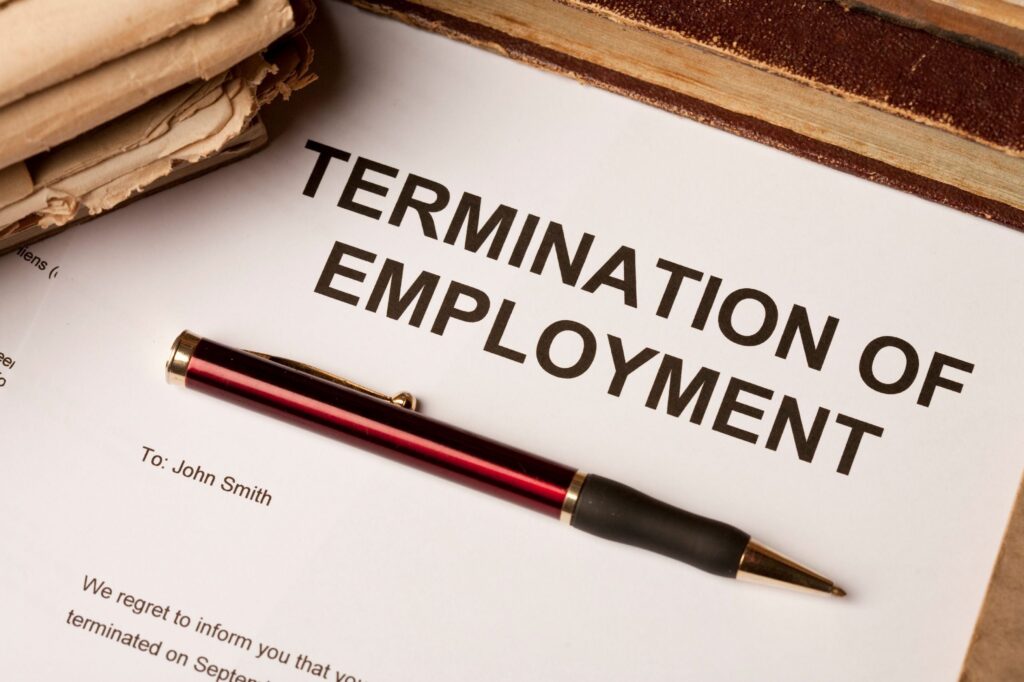As the Christmas party season approaches, it’s important that employers have the necessary policies and procedures in place to deal with post-party allegations.
Even if something happened at an event outside of the office, you, the employer, could still be liable.
In this case, you need to know how to manage the process.
What does the law say?
Employers can be found ‘vicariously liable’ for their employees’ actions. This can include acts of harassment, bullying or sexual harassment if the unwanted conduct takes place ‘in the course of employment’.
A Labour Court decision has also ruled that ‘in the course of employment’ includes work-related social events.
With Christmas party season coming into view, now is a useful time for a refresher on your responsibilities as an employer.
What is harassment?
The Employment Equality Acts 1998 to 2015 (Equality Acts) define harassment as unwanted conduct relating to any of the nine discriminatory grounds (which include gender, sexual orientation, age, religious beliefs).
Sexual harassment is any form of unwanted verbal, non-verbal or physical conduct of a sexual nature.
Under the Equality Acts, both forms of harassment are defined as conduct that has the effect of violating a person’s dignity. This, in turn, leads to an intimidating, hostile, degrading, humiliating, or offensive environment for the person.
If an employee proves that unwanted conduct by a colleague violated his/her dignity and created an intimidating, humiliating or offensive environment, a harassment claim against the employer could follow.
Employer duty to prevent discrimination
The Equality Acts provide that where an employee suffers sexual harassment in the course of his or her employment, it is a form of discrimination that the employer must take measures to prevent.
Work-related harassment will also be deemed to be a breach of the employee’s employment contract. This can expose your organisation to a claim for damages.
Each case will be assessed from the employee’s perspective
When an allegation of harassment arises, the courts will also look at the effect of the unwanted behaviour on the individual employee concerned. What each individual employee deems to be offensive will obviously be different. This point highlights the importance of providing appropriate dignity and respect policies and training to your workforce.
How do employers handle harassment allegations?
The good news is that there is a defence available to employers who receive an allegation of harassment.
If you can show that you took reasonably practical steps:
- to prevent an incident of harassment taking place, or
- sought to alleviate the effects of an incident of harassment including preventing any recurrence,
you greatly reduce the chances of being found vicariously liable for an incident of sexual harassment.
You should also ensure that your organisation implements the guidelines under the Employment Equality Act 1998 (Code of Practice) (Harassment) Order 2012.
The Code of Practice requires you to put an effective and accessible dignity and respect policy in place as part of a commitment to promoting equality of opportunity in the workplace.
#MeToo and #TimesUp
The very public sexual harassment controversies that gave rise to the #MeToo and #TimesUp movements last year have put harassment issues in the spotlight.
As an employer, it’s vital now more than ever that you have effective policies in place. These policies must be communicated to employees and relevant training should also be provided.
Employers that take these steps stand a better chance of defending any harassment allegations. They will also enjoy the benefits of creating a more respectful work environment.
We have ‘Bullying & Sexual Harassment’ workshops coming up in Dublin, Cork, Galway and Belfast this November. These will show you how to handle serious allegations that arise at Christmas, or at any time during the year. Book your place today to ensure you know how to handle them.
Or, if you have questions about bullying and sexual harassment in the workplace, speak with an expert today on 01 886 0350.








